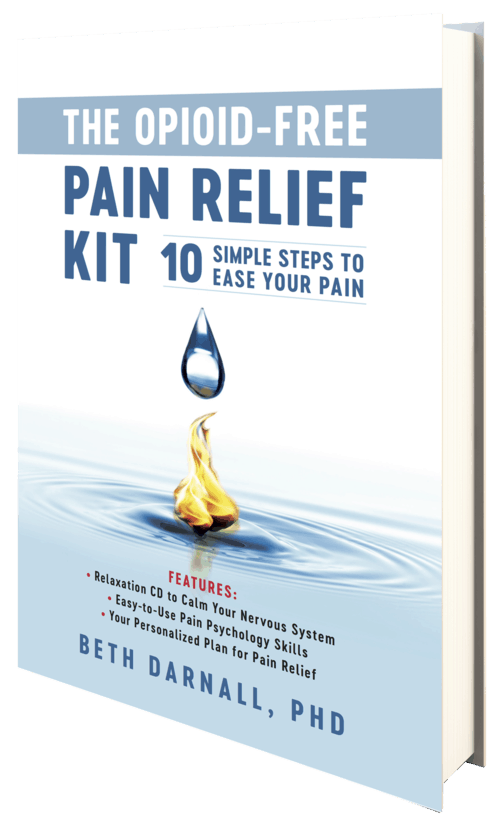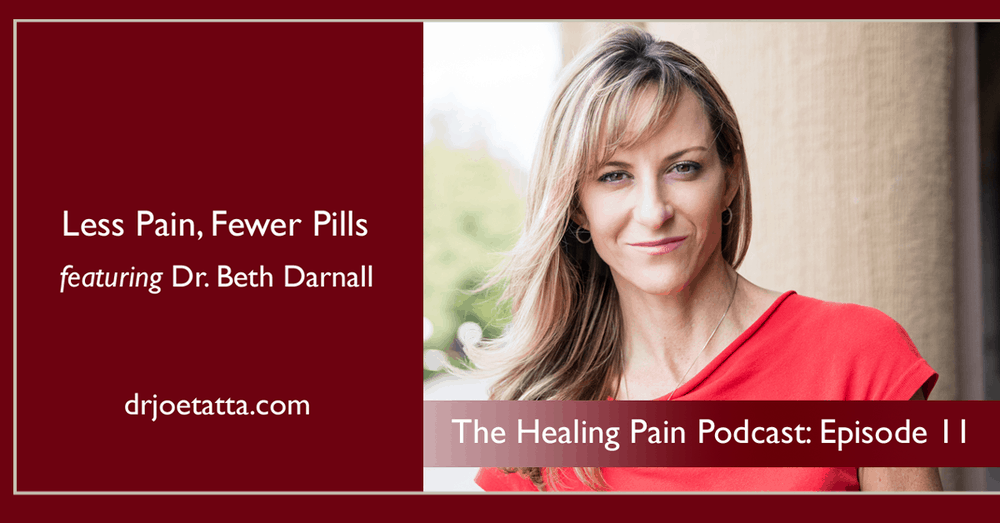International Stakeholder Community of Pain Experts and Leaders Call for an Urgent Action on Forced Opioid Tapering
This week we published in Pain Medicine a letter opposing community-based forced prescription opioid tapering in patients taking long-term prescription opioids. The letter expresses deep concern over a lack of patient protections and evidence to support reductive policies that center on forced opioid tapering, particularly rapidly and to extremely low doses. Indeed, across the U.S. and in other countries, certain prescription policies have moved ahead of the science. Opioid prescribing limitations are being enacted without having clear evidence for [...]










